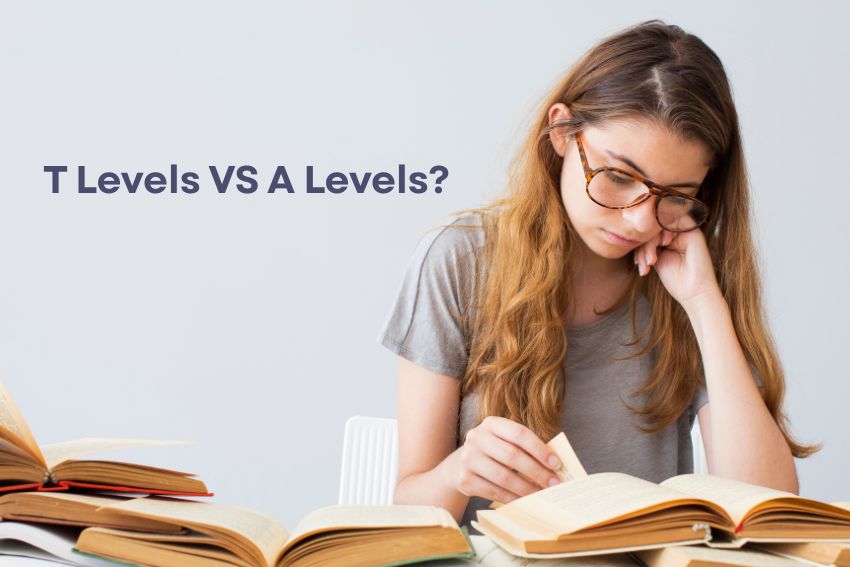Help Your Child with Maths – Make Studying Maths REALLY Enjoyable
Let’s be honest, maths isn’t always loved by teenagers (Well, what is?..)
One minute they’re happily solving basic sums in primary school, and the next, they’re drowning in algebra and trigonometry after tackling Year 7 maths questions, often complaining – ‘When will I ever use THIS in real life?’
If this sounds all too familiar, you’re not alone. Every parent has heard this phrase and wondered how to be helpful without triggering the classic eye-roll or heavy sigh. Studies show that teenagers who are good at maths are more likely to land higher-paying jobs in the future. So yes, maths matters, a lot.
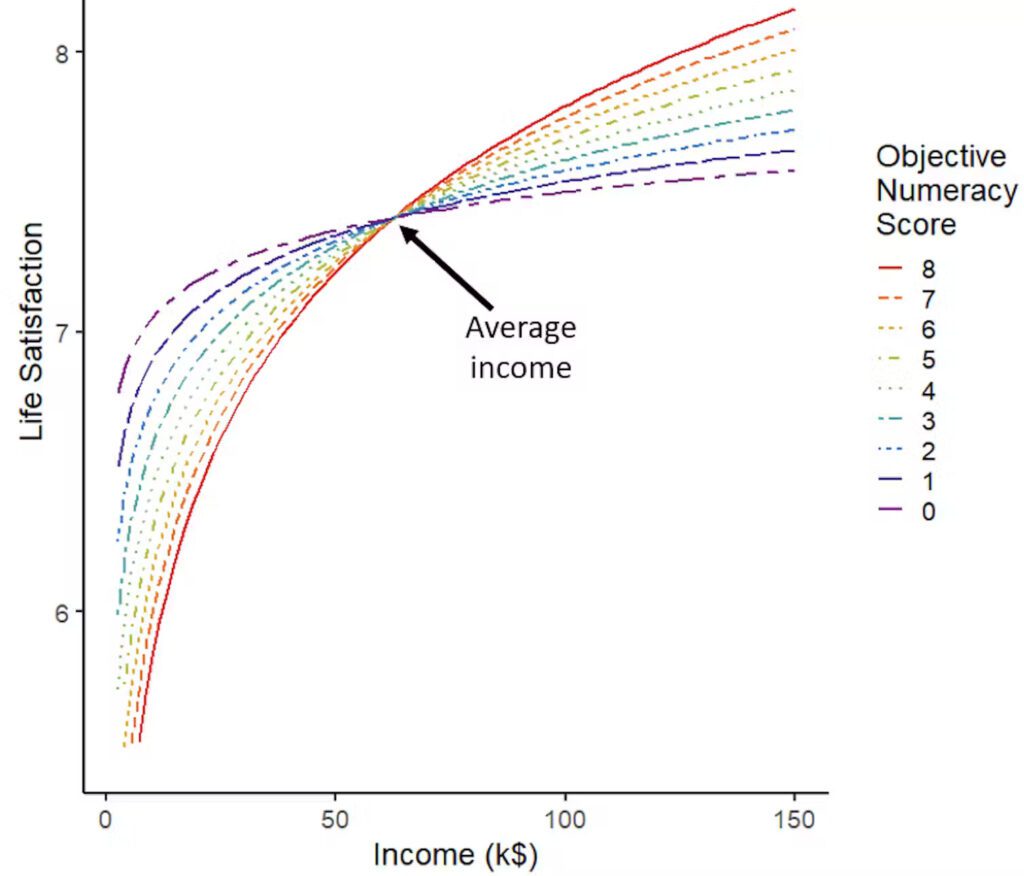
Stay with us. We’ve got practical, actionable tips that will make maths come alive for your teen and maybe, just maybe, convert that heavy sigh into an enthusiastic “Aha!”.
Well… Why Do Teens Dislike Maths Sooo Much?
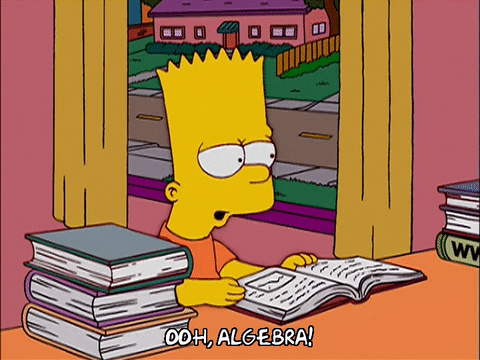
Psychological Barriers
Maths is a subject that often elicits strong emotional reactions from students, and for many teenagers, those emotions lean towards the negative. Two of the most significant psychological barriers are:
Maths is Abstract
Unlike subjects such as history or biology, where real-world contexts are often immediately apparent, maths deals largely with abstract concepts. For many teens, this abstractness makes maths difficult to engage with or appreciate.
Maths Lacks Real-World Application
The way maths is taught in schools can exacerbate its abstract nature by not showing how it applies in the real world. While younger students might learn methods like the bus stop method for division, teens often struggle to see how these foundational skills connect to more advanced concepts. This lack of contextualisation often leaves students questioning the subject’s relevance.
Maths Anxiety Among Teens
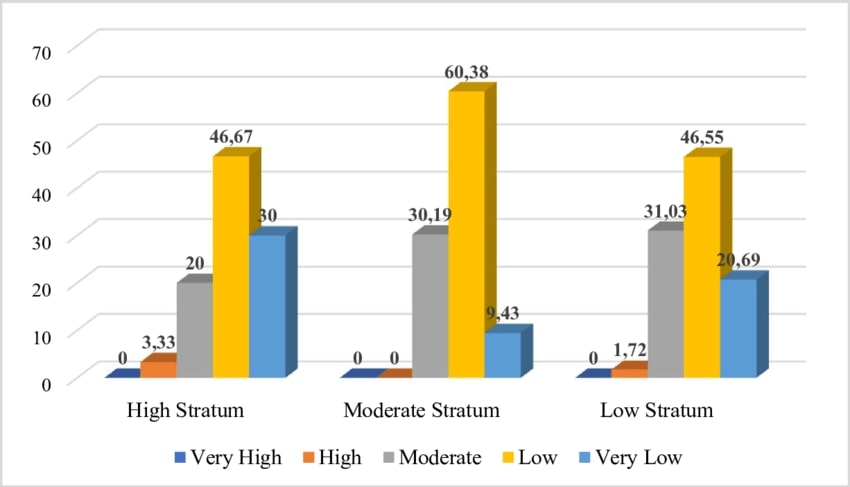
According to a study by the University of Chicago, maths anxiety is a legitimate emotional response that can lead to poor academic performance. The research shows that approximately 25-30% of secondary school students experience maths anxiety.
Gender Disparity
Another study points to gender disparities in maths performance and interest. Girls often report higher levels of maths anxiety compared to boys, a phenomenon that starts as early as primary school.
Traditional Teaching Methods
A review by Stanford University emphasises that traditional lecture-style teaching methods do not favour engagement or long-term understanding of mathematical concepts. Such methods contribute to general disinterest and declining performance in maths during teenage years.
Impact of Parental Attitude
Research suggests that parents’ attitudes towards maths can significantly influence their children’s perception of the subject. Negative parental attitudes often translate into increased maths anxiety for children.
Write the Maths Formulas on the Canva and Stick it on the Walls
Why Consider Formulae Canvases?
Research indicates that regardless of individual learning styles, visual cues can aid in information retention. Seeing formulae regularly can even subconsciously reinforce memory and learning. This psychological phenomenon, known as the ‘mere-exposure effect‘, demonstrates that people tend to develop a preference for things merely because they are familiar with them.
- Blank canvases (various sizes)
- Acrylic paint or permanent markers
- Paintbrushes
- Stencils for neatness (optional)
- Measuring tape
- A willing teen 😉
Step-By-Step Guide on How to Create Maths Canvas
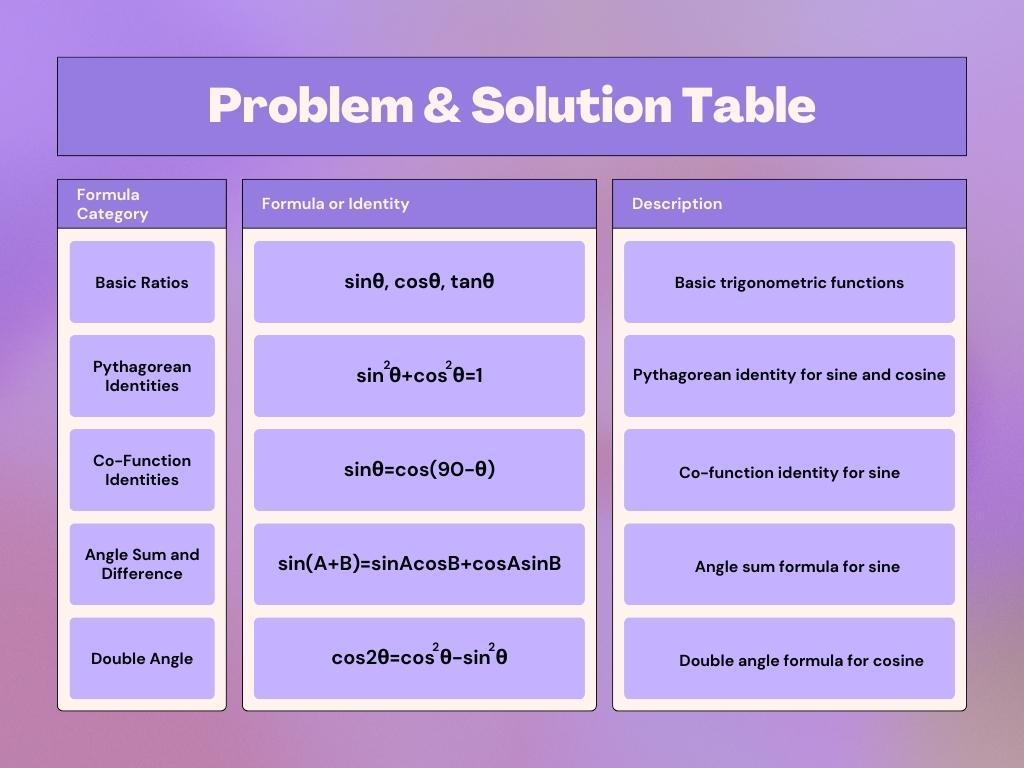
- Choose the Formulae: Sit down with your teen and choose the formulae that they find tricky or need frequent use in their current syllabus.
- Design Layout: Sketch a quick layout on paper to decide the placement of each formula on the canvas.
- Prep the Canvas: Use a measuring tape and maybe some stencils to outline the formulae neatly on the canvas.
- Get Painting: Use acrylic paint or permanent markers to fill in the formulae. Your teen can get creative with colours and fonts.
- Let it Dry: Allow sufficient time for the paint to dry before handling the canvas.
- Hang the Canvas: Once dry, hang the canvas in a spot that is frequently visible to your teen—perhaps over the study desk or next to their bed.
💡 A Little Insider Tip – Consider adding little drawings or symbols that represent the real-world applications of each formula. For example, next to the speed-distance-time formula, a little car or stopwatch drawing can serve as a practical reminder of its usage.
What’s the Long Term Goal of Putting Maths Formulas on the Walls?
Not only do these formulae canvases serve as a fantastic educational tool, but they also offer a chance for parents and teens to spend quality time together. And who knows? You might find yourself picking up a few mathematical concepts along the way!
Do Daily Maths Puzzles – Sometimes Even Together
Daily maths puzzles can be an excellent tool for improving your teen’s skills in a fun and engaging way. By choosing puzzles that are appropriate for their age and skill level, and integrating them into daily routines, you can make maths a more enjoyable and rewarding experience for the whole family.
Books to Consider for Daily Maths Puzzles
365 Math Puzzles for Kids
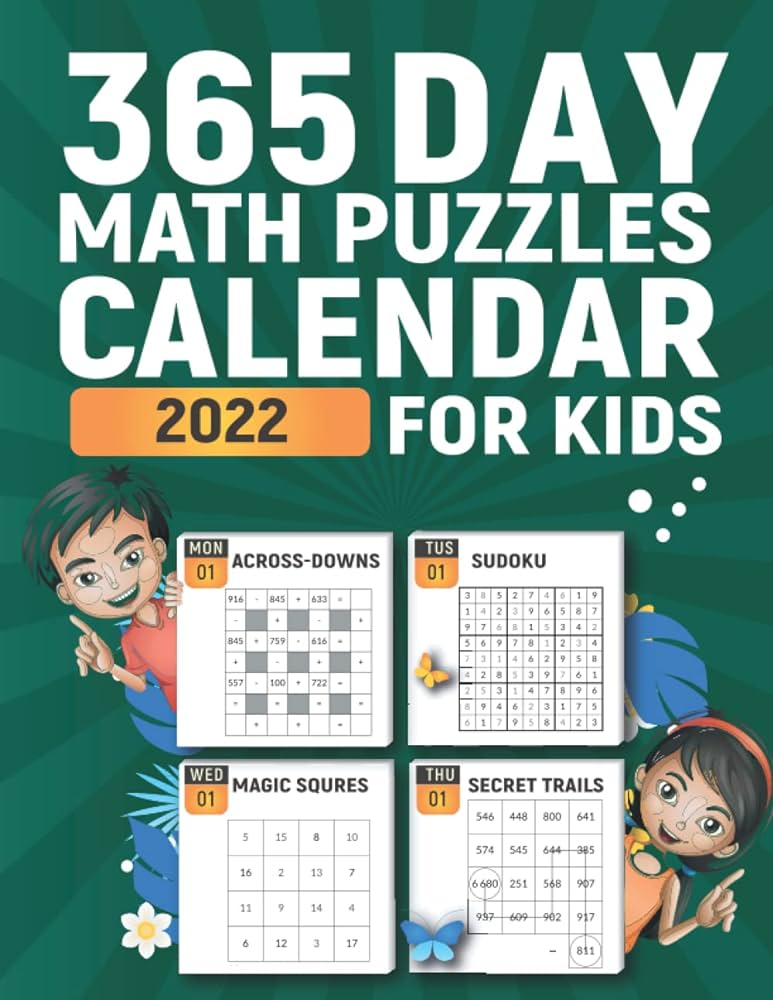
A puzzle for each day of the year, with varying levels of difficulty.
💡 Insider Tip – To make it more interactive, let your teen be the quizmaster every other day.
Here’s the Amazon link.
The Humongous Book of Math Puzzles
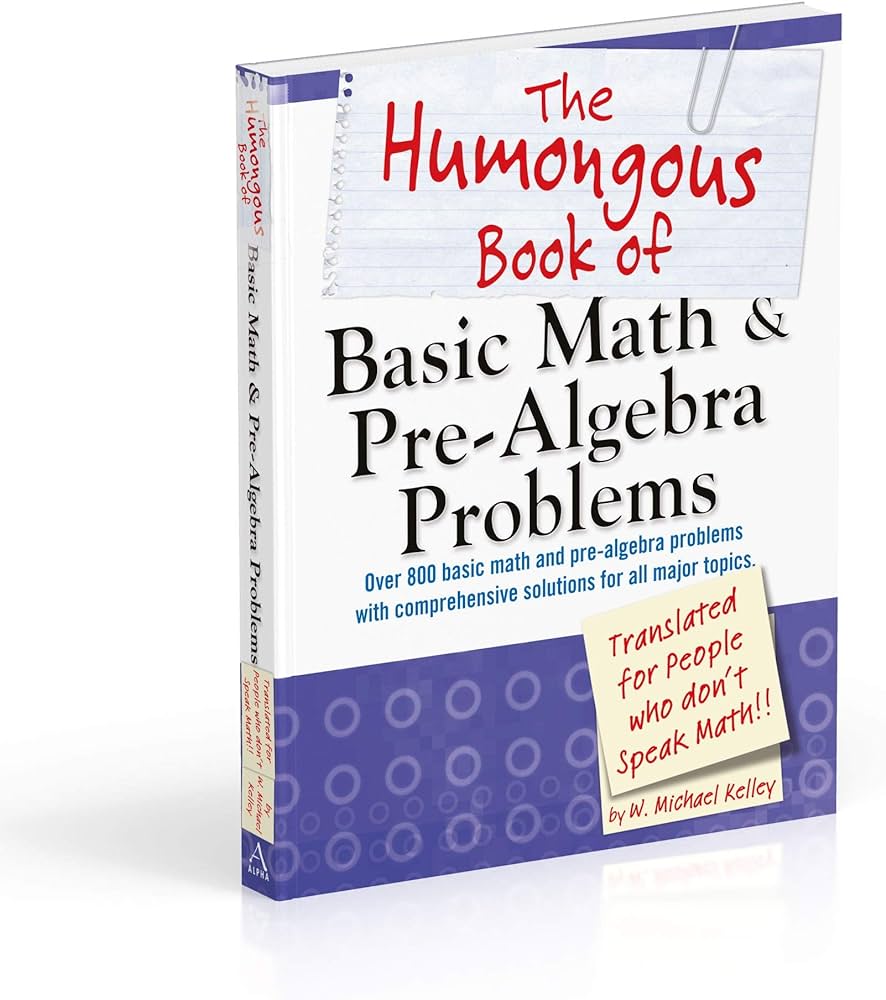
Packed with over 1,000 maths puzzles suitable for the whole family.
💡 Insider Tip – Don’t just solve them—time yourselves to add a competitive edge.
Here’s the Amazon link.
Websites for Daily Maths Puzzles
Corbettmaths
A comprehensive resource offering videos, practice questions, and puzzles tailored for UK maths curricula. Read our review on Corbettmaths.
💡 How to Use – Visit the Corbettmaths website on your laptop. Browse the menu to find a wide range of puzzles suitable for secondary and A-level maths. Sign-up is not required, simply choose a puzzle and get started! Perfect for supplementing school lessons or exam preparation.
Khan Academy
Free online maths courses and an assortment of maths puzzles.
💡 How to Use – Sign up for a free account and navigate to the ‘Maths Puzzles’ section. Suitable for advanced teens preparing for A-levels. See our review of Khan Academy.
What’s the Long Term Goal When Doing Maths Puzzles Every Day?
Daily maths puzzles can be an excellent tool for improving your teen’s skills in a fun and engaging way. By choosing puzzles that are appropriate for their age and skill level, and integrating them into daily routines, you can make maths a more enjoyable and rewarding experience for the whole family.
Do Maths Under Pressure – Timed Maths Challenges
Studies have shown that moderate time pressure can enhance focus and efficiency. Specifically in mathematics, timed practice can improve both speed and accuracy, sharpening a student’s skills for exams and real-world problem-solving.
Online Platforms for Timed Maths Puzzles
IXL
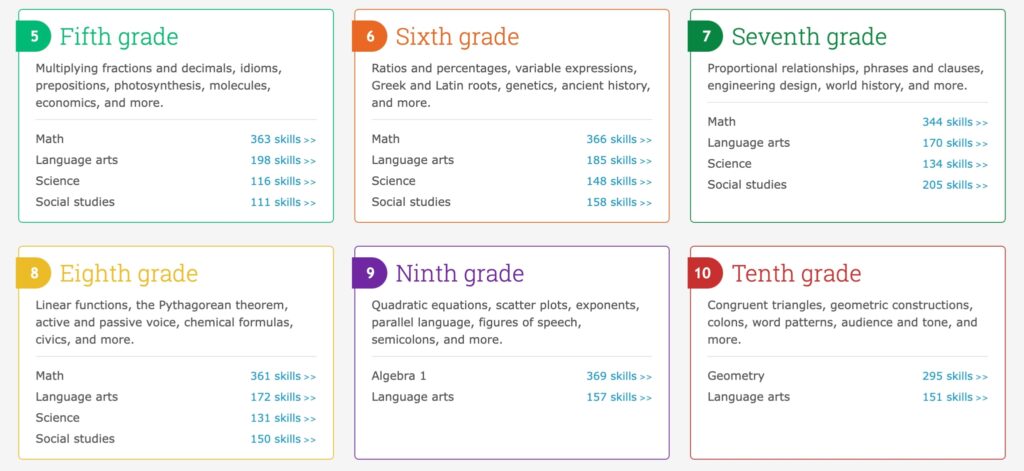
Offers customisable timed challenges across a range of topics and difficulty levels.
Mathletics
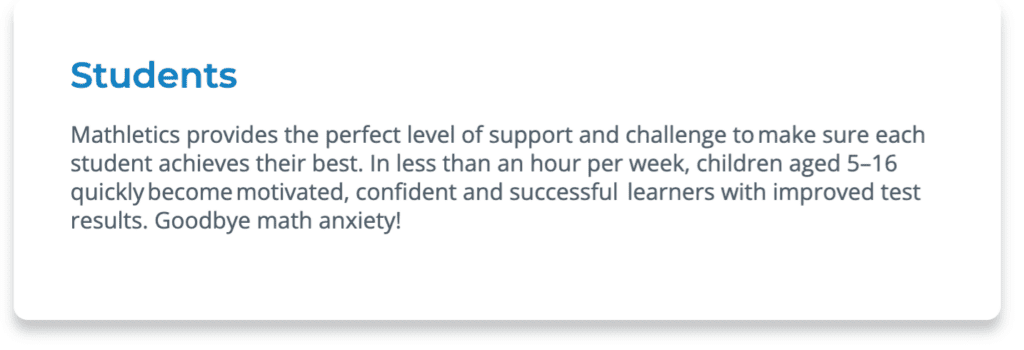
Features ‘Live Mathletics’ where students can compete against others in real-time, timed maths games.
Mobile Apps
Math Bingo
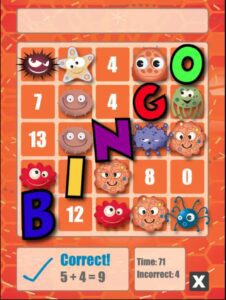
An app that makes maths into a fast-paced bingo game with timed challenges.
Quick Math
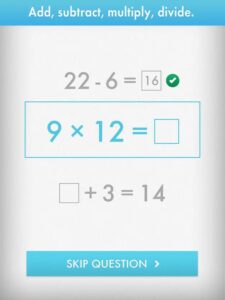
Designed to improve arithmetic fluency, this app offers a series of quickfire maths challenges.
Use YouTube Channels for Learning Maths
Research indicates that blended learning methods, like combining YouTube tutorials with traditional education, can be highly effective. Regardless of your child’s learning style, visual exposure to maths concepts can help reinforce understanding—sometimes even subconsciously.
1. Khan Academy
- What it does: Provides a plethora of maths tutorials, catering from primary level to college-level topics.
- Benefits: Known for its straightforward and comprehensive explanations. It also offers practice problems, making it a self-contained study platform.
2. Eddie Woo
- What it does: Hailing from Australia, Eddie Woo covers a wide range of maths topics suitable for secondary to university-level students.
- Benefits: Eddie Woo’s relatable teaching style can simplify complex concepts, making them accessible and interesting.
3. BlackPenRedPen
- What it does: Aims at higher-level maths topics, featuring videos on calculus, algebra, and geometry.
- Benefits: Thorough explanations and quality content make it ideal for students looking for challenges.
4. 3Blue1Brown
- What it does: Makes maths visually appealing, turning complex topics into digestible animated videos.
- Benefits: Excellent for visual learners and those interested in the graphical interpretation of maths concepts.
5. MathsGenie
- What it does: Targets secondary school maths subjects like algebra, geometry, and trigonometry.
- Benefits: Clear and concise videos often come with practice problems, providing a complete learning experience.
6. ExamSolutions
- What it does: Focuses on A-level maths, with topics such as calculus, mechanics, and statistics.
- Benefits: Videos are detailed and in-depth, often including worked examples and exam tips.
7. Maths Explained
- What it does: Offers a wide variety of secondary and A-level maths topics.
- Benefits: Explanations are clear and often incorporate real-world examples to demonstrate practical applications.
8. Organic Chemistry Tutor
- What it does: Provides videos on secondary and A-level maths topics.
- Benefits: Comprehensive coverage, often with worked examples and problem-solving tips.
9. Maths with Michael
- What it does: Offers a broad scope of secondary and A-level topics.
- Benefits: Real-world examples are often included, along with practice problems to test comprehension.
Use Maths in Real-Life in Everyday Situations
Research underscores the importance of contextualising academic subjects to real-world scenarios as an effective learning technique. In the context of maths, studies show that applying mathematical knowledge in practical ways can not only deepen understanding but also heighten interest and engagement in the subject. For younger children, teaching foundational concepts using visual methods like the part-whole model can build a strong mathematical framework that makes more advanced concepts easier to grasp later on.
Activities for Parents and Teens
Grocery Shopping Budget
- What to Do: Equip your teen with a fixed budget for the weekly grocery shopping. Task them with finding the best deals to get the most out of their budget.
- Maths Involved: Addition, subtraction, percentages (discounts), multiplication (cost per unit).
- Benefits: This teaches teens to apply maths in everyday budgeting scenarios, and it’s a useful life skill.
Baking and Cooking
- What to Do: Pick a recipe and cook or bake together. Ask your teen to adjust the recipe for a different number of servings.
- Maths Involved: Ratios, fractions, and conversions between units of measurement.
- Benefits: Understanding ratios and fractions in a fun, rewarding context.
Plan a Dream Holiday
- What to Do: Let your teen plan a ‘dream holiday,’ complete with travel costs, accommodation, activities, and meals. Make sure to set a budget!
- Maths Involved: Budgeting, currency conversion, percentage calculations for discounts, and averages for calculating overall expenses.
- Benefits: This will allow them to use maths to make choices and priorities, understanding the value of budgeting.
Building a Mini Garden
- What to Do: Plan and build a mini garden, either in the backyard or using potted plants.
- Maths Involved: Measurement of area and volume, geometry for layout, ratios for soil-to-fertiliser.
- Benefits: Spatial awareness and how geometry can help in efficient utilisation of space.
Fitness Tracking
- What to Do: Use a fitness app to track steps, distance, and calories burned over a week.
- Maths Involved: Data analysis, averages, units conversion (e.g., miles to km), and percentage change.
- Benefits: Teaches teens how maths can help in personal well-being and goal-setting.
DIY Home Improvement Project
- What to Do: Pick a simple home improvement project like building a bookshelf or painting a room.
- Maths Involved: Measurement, geometry, area and volume calculations.
- Benefits: Understanding the importance of precision and how maths can be used to create something functional and aesthetic.
Help Your Teen Discover Interests That Require Maths
Studies indicate that cultivating an interest can be a powerful motivator for excelling in academics, particularly in subjects like maths. So, how can you, as a parent, capitalise on this?
Identifying Interests
Firstly, have a candid chat with your teen about their hobbies and passions. It could be anything from video games to space exploration. The key is to find something that excites them.
Examples of Interests That Involve Maths

- Astrophysics: If they’re fascinated by the universe, delve into some basic astrophysics problems or theories.
- Engineering: Are they always tinkering with gadgets? Engineering involves a hefty amount of maths.
- Video Game Design: If they love gaming, let them know that designing a video game involves intricate mathematical algorithms.
- Stock Market: Is your teen interested in the financial world? The stock market is all about numbers and predictions.
- Robotics: Building a robot, even a simple one, requires a good understanding of maths.
- Music Production: Understanding sound frequencies and beats involves mathematical calculations.
- Photography: Concepts like aspect ratio, shutter speed, and aperture all have mathematical underpinnings.
- Architecture: From planning to construction, maths is pivotal in creating structures.
- Sports Analytics: If your teen is a sports fan, statistics play a massive role in team strategies.
- Fashion Design: Calculating dimensions, pattern-making and scaling all involve maths.
- Cryptography: It’s all about algorithms and number theory, perfect for a teen interested in codes or cybersecurity.
Activities to Explore These Interests

- Astrophysics: Watch documentaries or visit an observatory.
- Engineering: Start a DIY electronics project at home.
- Video Game Design: Encourage them to try a basic game design course online.
- Stock Market: Make a game out of tracking stocks for a week.
- Robotics: Purchase a beginner’s robotics kit and build a simple robot.
- Music Production: Experiment with digital audio workstations, which have built-in mathematical tools for sound mixing.
- Photography: A photography project can help your teen experiment with ratios and geometries.
- Architecture: Create a model structure, requiring measurements and calculations.
- Sports Analytics: Analyse a match’s stats together, applying mathematical models.
- Fashion Design: Draft a simple pattern and sew a basic item.
- Cryptography: Learn basic coding languages that involve mathematical concepts.
Conclusion
As we wrap up, remember, maths doesn’t have to be the subject that makes your teenager’s eyes glaze over. To bridge the gap between numbers on a page and real-world application, start by making maths a part of your daily conversations. Whether it’s calculating the shopping budget, measuring ingredients for a Sunday roast, or even debating the probabilities of your favourite football team winning the league, these simple interactions can turn abstract equations into real-life solutions.
However, if you find that your teenager still struggles despite your best efforts, it might be time to bring in the big guns. Consider platforms such as Edumentors, which sets itself apart by employing only the best and brightest tutors from top UK universities. These tutors are young enough to relate to today’s teenagers but old enough to be experts in their field. Their unique approach can turn the daunting subject of maths into an engaging and rewarding learning experience, setting your child up for both academic and real-world success. Why not turn those sighs and eye-rolls into moments of understanding and achievement? You can browse tutors and book a free trial meeting with the maths tutor of your choice!
